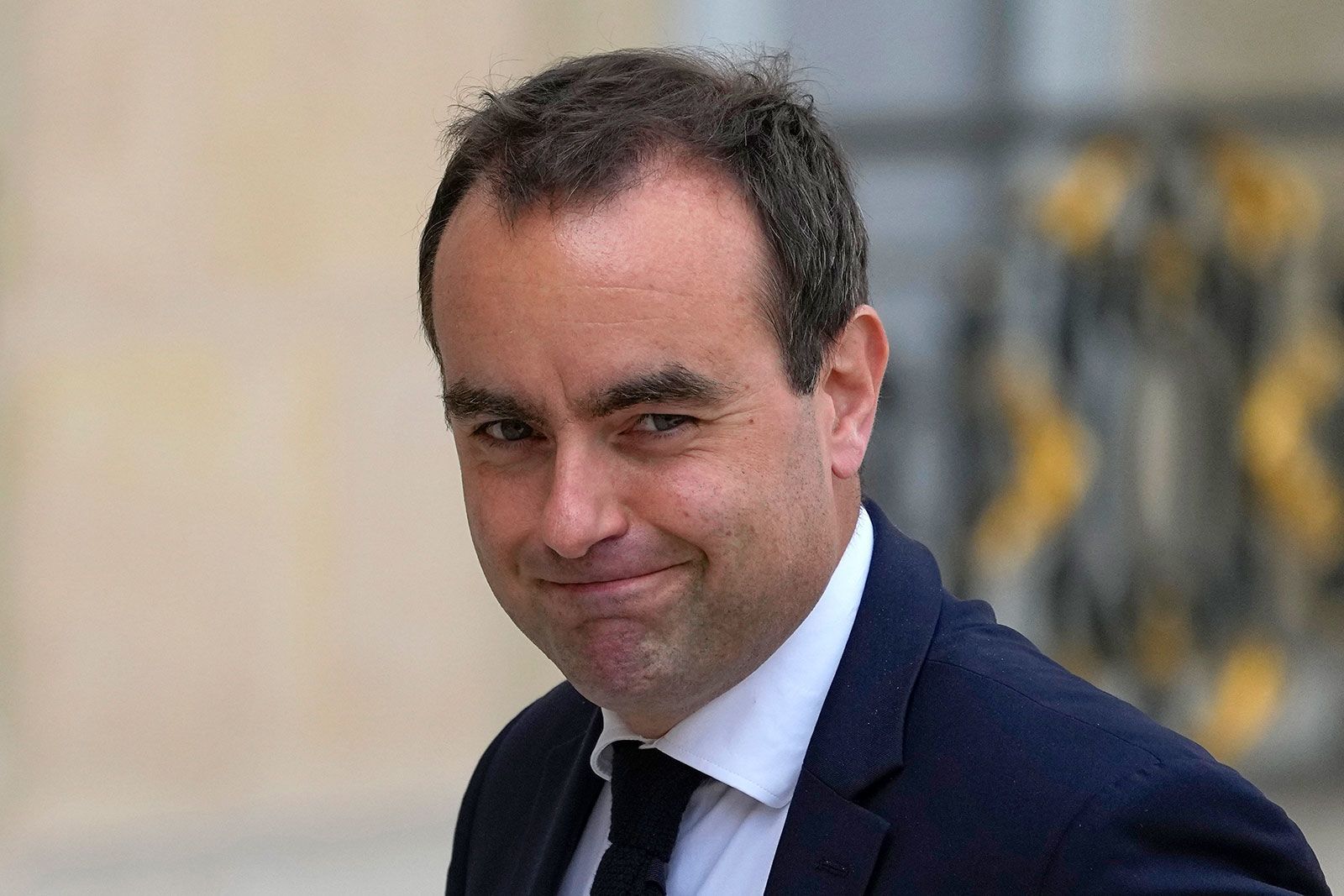
France Appoints Sébastien Lecornu as New Prime Minister Amid Political Turmoil
President Emmanuel Macron has appointed Sébastien Lecornu as France’s new prime minister tasking him with navigating a deeply divided parliament to secure consensus on the national budget. The appointment marks a significant shift in Macron’s government amid ongoing political instability and mounting public protests.
Lecornu, 39, a close ally of Macron and a former defense minister is known for his loyalty to the president and a political career rooted in both the conservative right and Macron’s centrist movement. His promotion reflects Macron’s determination to push forward with a pro-business economic agenda, including tax cuts for corporations and the wealthy as well as reforms to the retirement system.
In an unusual move for French politics, Macron’s office announced that Lecornu would engage with all parliamentary forces left, center and far-right to forge compromises on the budget and other key policies before forming his cabinet. Lecornu’s rise follows the resignation of François Bayrou who lost a confidence vote earlier this week plunging France into a political crisis.
Lecornu’s career began as an assistant to a Member of Parliament at age 19 and saw him become France’s youngest ministerial adviser in 2008. He later served as mayor of Vernon and was elected president of the Eure department in Normandy in 2015 making him the youngest-ever to hold such a position.
The political landscape remains turbulent with Macron’s parliament fractured into three main groups; left, center, and far right without an outright majority. The government faces the challenge of passing a budget amid calls for further upheaval and protests. The political crisis has been compounded by the recent ousting of Bayrou, a veteran centrist after he failed to secure support for his debt-reduction plan and the brief tenure of his predecessor, Michel Barnier.
Meanwhile, France is bracing for a day of widespread protests scheduled for Wednesday under the slogan “block everything.” Authorities plan to deploy approximately 80,000 police and gendarmes across the country as demonstrators organized largely through social media prepare to blockade fuel depots, stage road and school protests and hold strikes particularly targeting transportation services in the Paris suburbs.
The protest movement which has no centralized leadership is reminiscent of the yellow vest protests of 2018 but differs in its lack of a unifying focus or style. The government fears these demonstrations could escalate into a repeat of the yellow vests which evolved from fuel tax protests into a broader anti-government movement.
A larger wave of strikes is also planned for September 18 further testing Macron’s fragile political standing. Public dissatisfaction remains high with many critics accusing the government of instability and ineffective governance amid ongoing economic and social challenges.
As Lecornu prepares to lead the government through this turbulent period, the key focus will be securing parliamentary support for the budget and restoring stability in a country facing mounting unrest and political fragmentation.
